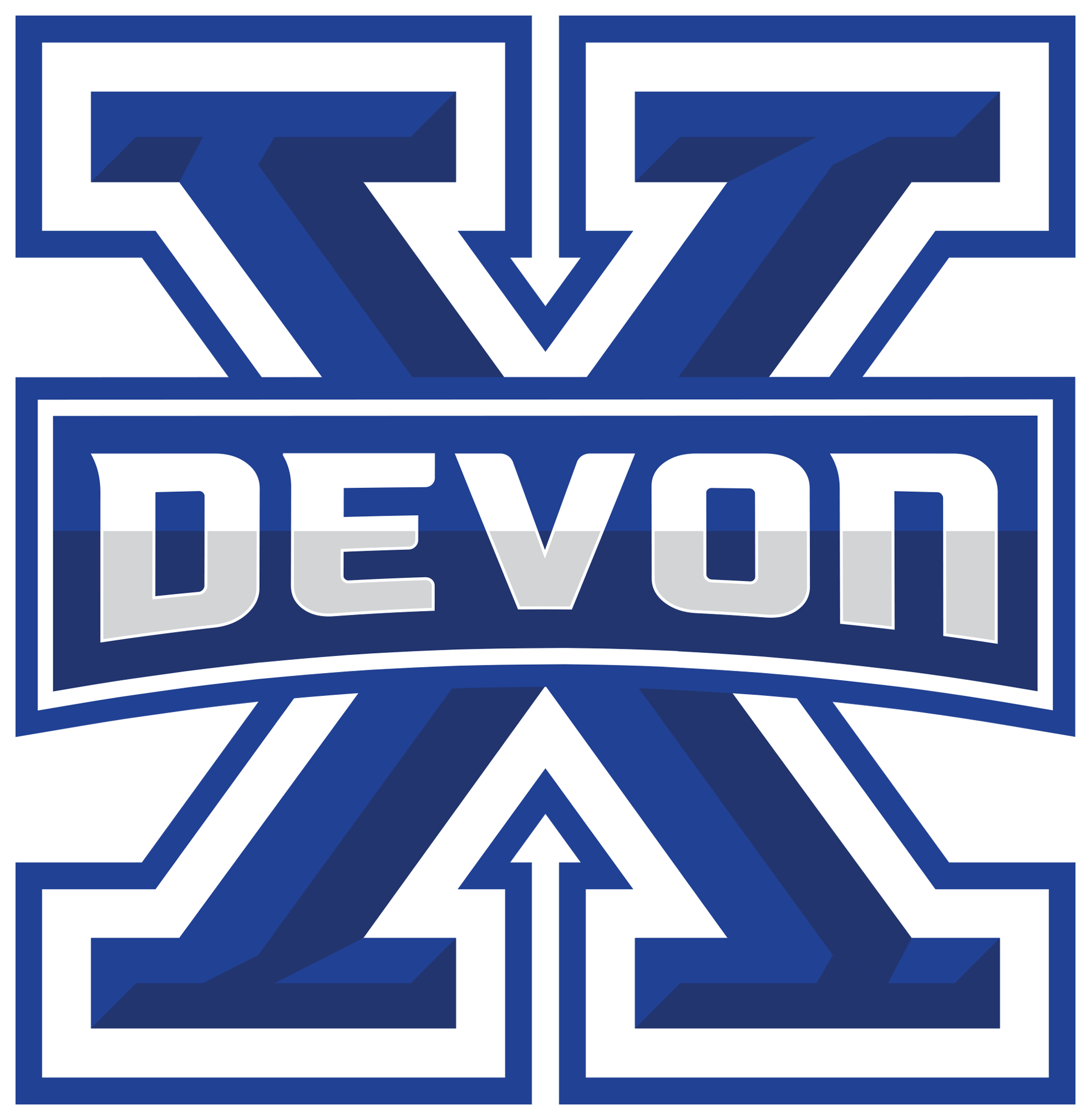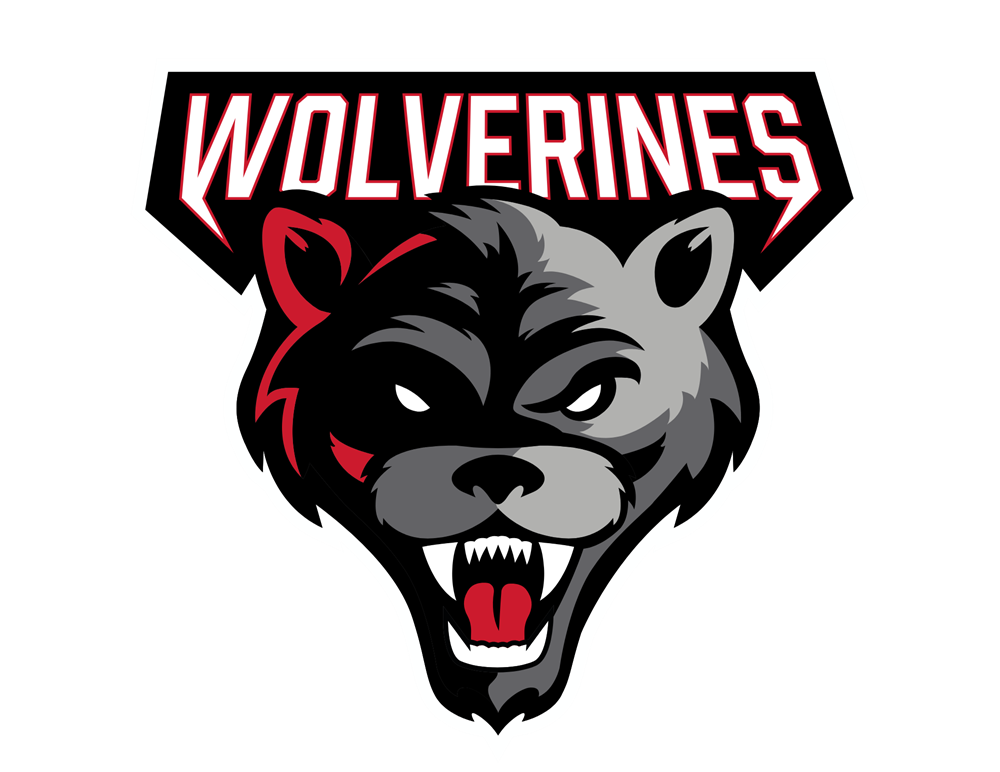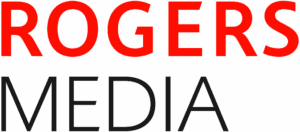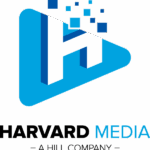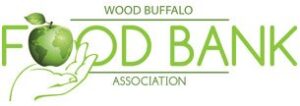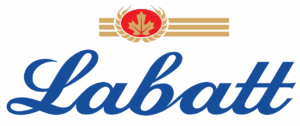Education Coordinator:
Jenn Pope
JennNpope@gmail.com
The Fort McMurray Oil Barons are committed to helping players further their education through hockey. The Oil Barons are in constant communication with the NCAA, CIAU, and ACAC schools to ensure every opportunity is provided for the student athlete to pursue their goals. Keyano College, located in Fort McMurray, offers university transfer programs. Father Mercredi High School is located next door to Centerfire Place. Regular contact is made with the high schools to monitor a player’s progress and attendance. Scholarships are available to outstanding student athletes from both the AJHL and the team.
In keeping with the mandate of the Alberta Junior Hockey League, (AJHL), the Oil Barons promote education and hockey. All high school aged players are expected to continue with their studies at Father Patrick Mercredi High School or Westwood High School. Both are located near Centerfire Place for quick and easy access to practices.
Fort McMurray boasts an outstanding community college, offering the opportunity for post secondary players to upgrade or work on their college studies. Scholarship opportunities exist for players through such donors as the Royal Bank, the AJHL and Friends of the AJHL.
Due to the resounding success of the 2000 Royal Bank Cup held in Fort McMurray, a Continuing Education Fund has been established to further assist our alumni with their post secondary education. One of the basic qualifying criteria for a player to access the fund is to have played a minimum of two seasons for the Oil Barons.
Frequently Asked Questions
What can I do to help promote myself as a prospective student athlete?
A student-athlete should make every effort to be the best prospect he can be, with equal emphasis on both academics and athletics. Talk to your coach, get background from the AJHL Education consultant, learn how to prepare a resume or portfolio, research the various college programs and follow up on every opportunity presented. Ask lots of questions. The best advice is to research the many choices available before making a final decision.
I’ve always wanted to play in the NHL. Is school necessary?
It may not be absolutely necessary, but it certainly is highly recommendable. A player might be the best player in the world in his age group, but that’s only until he injures himself permanently. Should injuries later force you to stop playing, it is important that you equip yourself with a “Plan B”, which will also come in handy should your abilities not be suited for pro hockey.
Furthermore, a solid education acquired prior to one’s professional playing career better prepares the athlete for both his career and his after career. A solid education, whether acquired while playing Major Junior or College hockey after your years with the Oil Barons, will help you better prepare for both your life as a professional athlete and as a retired athlete.
And finally, a university, as an academic institution itself, should not be seen in the same light as an elementary school or a high school. Because, while high school is meant to give you knowledge in a variety of fields (mathematics, history, chemistry, etc.) university is meant to teach you how to become a professional in a specific field (engineering, accounting, architecture, etc.). And even more than that, University isn’t so much a place to find a job, as much as it is a place to find yourself. There can be a big difference in enjoying learning about a subject and making a career out of it. By teaching you how to become a professional in a certain field, you will find out if that career orientation is really right for you, make the necessary adjustments if needed and allow you to then blossom as a professional.
Will playing major junior affect my eligibility to play collegiate hockey?
In order to retain full eligibility to compete in the NCAA one must be considered an “amateur” athlete. According to NCAA regulations, athletes that compete at the major junior level (WHL, OHL, QMJHL) are no longer considered amateur athletes but rather “professional” athletes. As a result, any degree of competition at the major junior level will have significant consequences on an athlete’s amateur status and therefore their eligibility to compete in the NCAA.
Athletes will lose ALL eligibility to compete in the NCAA if:
- they compete in any major junior game after their expected date of high school graduation, or
- sign a contract with a major junior team
Athletes will lose SOME eligibility to compete in the NCAA if:
- they compete in any major junior game before their expected date of high school graduation, or
- they attend a major junior training camp for more than 48 hours while having their expenses covered by the major junior team.
An excerpt from the NCAA policy 12.2 Involvement with Professional Teams is as follows:
12.2.1 TRYOUTS
12.2.1.1 Tryout Prior to Enrollment. A student-athlete remains eligible in a sport even though, prior to enrollment in a collegiate institution, the student athlete may have tried out with a professional athletics team in a sport or received not more than one expense paid visit from each professional team (or a combine including that team) provided such visit did not exceed 48 hours and any payment or compensation in connection with the visit was not in excess of actual and necessary expenses. A self-financed tryout may be for any length of time.
12.2.2 PRACTICE WITHOUT COMPENSATION
An individual may participate in practice sessions conducted by a professional team, provided such participation meets the requirements of NCAA legislation governing tryouts with professional athletes teams and the individual does not:
a) receive any compensation for participation in the practice sessions,
b) enter into any contract or agreement with a professional team or sport organization, or
c) take part in any outside competition (games or scrimmages) as a representative of a professional team.
**It is important to note that for the purposes of eligibility, the NCAA considers major junior participation as professional hockey.
ELIGIBILITY CIS / ACAC – There are no such restrictions placed on athletes who have competed at the major junior level.
What is an SAT exam and what is it for?
The SAT is a standardized test that most American institutions require for the admissions into post secondary institutions. In fact, any student-athlete who plans to participate in NCAA athletics is required to write the exam.
The SAT is a 3-part exam consisting of critical reading and writing sections. Each section is scored out of 800 for a total of 2400 points The required score for each student-athlete depends on his or her high school average.
How often can I write the exam?
A student-athlete can write the exam as many times as he or she wishes. Also, students can combine scores on different sections from different exams. For example, students who write the exam twice can combine the highest math score from the two exams, with the highest critical reading score, which can then be combined with the highest writing score. Therefore, it is to one’s advantage to write the SAT more than once in order to increase the likelihood of raising the overall score.
Can I study and prepare for the SAT exam?
It is highly recommended that students prepare for the SAT through study and practice exams. It is not uncommon to raise the score of an SAT by at least 100 points simply through study and practice, which may be the difference you need to receive an offer from an American institution. Books and resource material are available in the reference section of major book stores which will assist student needs.
What is the difference between the American and Canadian sports program?
There are many differences in the two programs and it is very important that student athletes and their families do their homework before making a commitment. Financing is often a deciding factor and an important one as there can be some hidden costs that are easily overlooked.
Academically, there are many reputable American institutions as there are Canadian so once again it is important to research the right choice that best suits your individual family needs and capabilities.
Financially, Division I and NCAA schools offer scholarships in varying percentages as agreed upon between the school and athlete and his family. Division III schools do not offer athletic scholarships but do provide financial assistance. Most Ivy League schools do not offer athletic scholarships but do offer financial assistance.
Canadian post secondary institutions do not offer scholarships in the same manner as do their American counterparts but they have been able to offer funds in increasing amounts in recent years. There is every reason to believe that this trend will continue. Every school also has their own ‘in-house’ scholarship funds which are available for athletic and academic distinction.
The process of becoming a quality student athlete, thus a quality university prospect, begins in your early high school years. As such, it is recommended that student athletes who are looking forward to using their hockey skills to pursue a post secondary education develop a plan.
Included in this plan should be personal goals and answers to important questions such as:
- Where do I see myself in five/ten years?
- What area of study or career (professional or technical) is of interest to me as seen through job shadowing and career day at school?
- Am I realistic about my athletic abilities and will they allow me to make a career from hockey?
- Do I have a plan which is consistent with the answers to the above questions?
- What are the characteristics and qualities that I want in a post-secondary institution?





